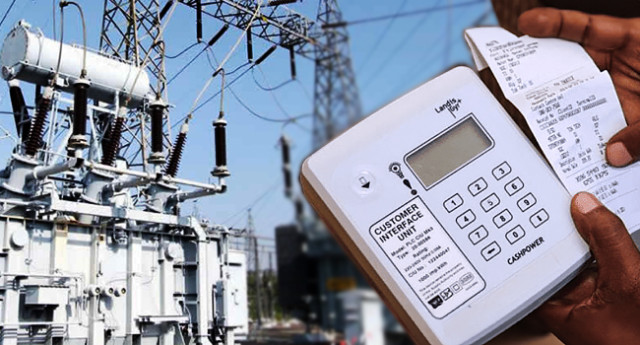On Wednesday, energy commissioners from all 36 states announced their willingness to engage with power distribution companies to discuss electricity tariffs that are fair and manageable for residents.
This development comes in the wake of the Enugu Electricity Regulatory Commission's recent reduction of electricity tariffs for Band A customers from N209/kWh to N160/kWh, which met with opposition from power generation and distribution firms.
The distribution companies, however, have opposed any negotiations regarding tariffs with the states, warning that such actions could jeopardize the power sector.
The EERC has maintained its stance on regulating the power sector independently, while states uphold their right to manage energy supply within their territories.
The Nigerian Electricity Regulatory Commission recently revealed that seven states are now managing their electricity markets under the provisions of the Electricity Act 2023.
These states include Enugu, Ondo, Ekiti, Imo, Oyo, Edo, and Kogi, with others like Lagos, Ogun, Niger, and Plateau expected to follow suit by September.
In an interview the commissioner of Power and Renewable Energy for Cross River State, Prince Eka Williams, asserted that while some states might be able to subsidize electricity for their residents, the primary goal of state governments is to ensure reliable power supply.
Williams emphasized that the Electricity Act 2023 empowers states to set and implement fair electricity tariffs that promote investment while considering unique local market conditions, costs, and consumer needs.
He highlighted the importance of ongoing dialogue among stakeholders to address these complex issues, indicating that any state willing to assume the responsibility of electricity subsidies would need to make that decision based on their specific context.
Additionally, the Forum of State Commissioners of Power and Energy dismissed claims made by the power generation companies regarding the negative impact of Enugu's tariff reduction on revenue streams.
The Forum expressed readiness to negotiate with the distribution companies, although the latter maintained their refusal, accusing the states of undermining recent improvements in power generation.
States like Lagos, Ondo, and Plateau showed interest in decreasing tariffs, but the Enugu regulator defended its decision to lower Band A tariffs, set to take effect on August 1.
Forum representatives stated that the Enugu government’s measures do not affect the wholesale market where generation companies operate, and the tariff reduction aligns with the Electricity Act 2023.
The Enugu Electricity Regulatory Commission's reduction in tariffs followed a thorough assessment of costs and consumer needs, aiming to create a fair market.
The commissioners stated that they did not alter generation and transmission costs, asserting that the tariff adjustments were reasonable and based on actual operational costs, with any new evidence regarding their calculations welcomed.
Meanwhile, the CEO of the Association of Nigerian Electricity Distributors, Sunday Oduntan, reiterated that they would not negotiate with the states, asserting that the tariff cuts could harm the power market and lead to supply issues.
The EERC further clarified that its recent tariff changes do not affect the national generation costs and emphasized its goal of ensuring financial sustainability for electricity providers within its jurisdiction.
Lastly, Biodun Ogunleye, Lagos State Commissioner for Energy and Mineral Resources, voiced frustrations regarding the distribution companies' resistance to the state's regulatory efforts, expressing hope that Lagos would soon announce its tariff plans.




















